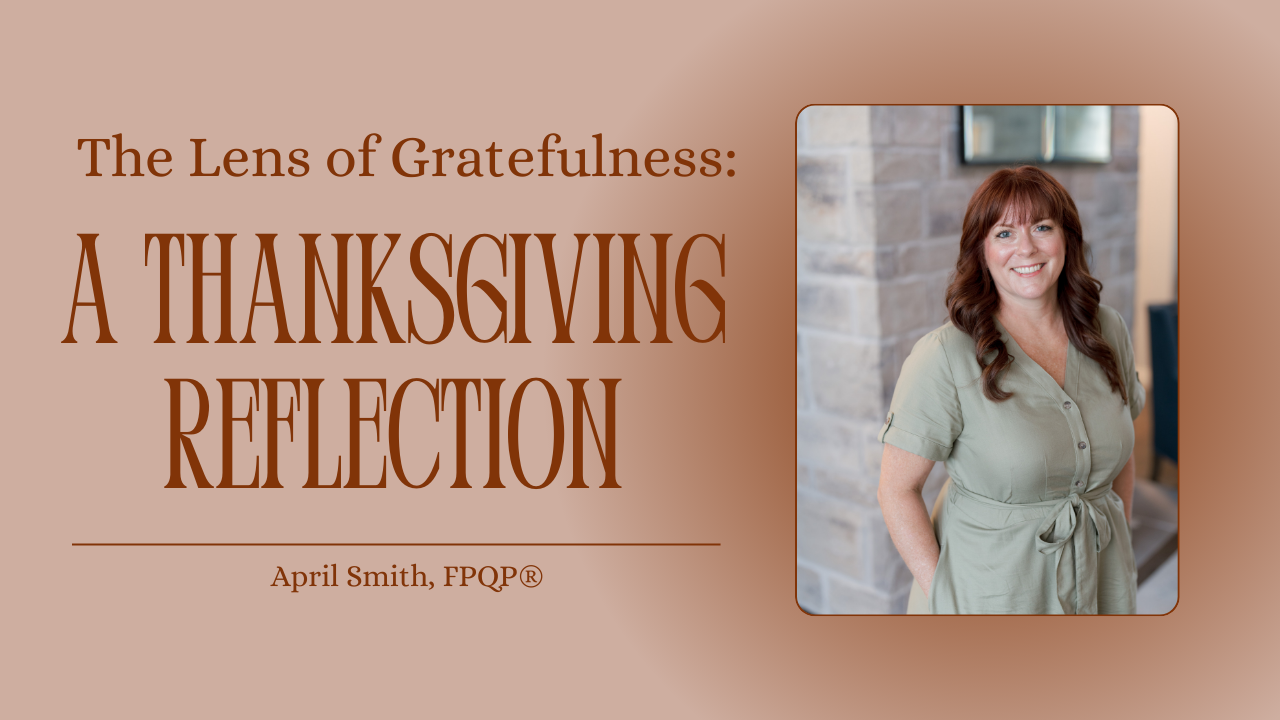The U.S. stock market closed out the first half of 2019 on a strong note with the S&P 500 hitting a new high. But stocks weren’t the only asset class sporting nice returns. The Barclays Aggregate Bond Index returned over 5%, crude oil 28%, and gold 10%. Most of the U.S. stock market returns for the 2nd quarter were earned in April as economic data became more mixed as the quarter progressed and U.S. China trade talks faltered.
The U.S. stock market is known as a leading economic indicator. Based upon its performance in the first half of the year, one might expect the economy to strengthen as we approach 2020. The bond market, however, appears to be sending quite a difference message. Interest rates have fallen significantly since the fall of 2018 which can be a sign of slowing economic growth. In addition, parts of the yield curve have inverted (short-term interest rates higher than long-term rates) several times over the past six months, which often has been a precursor to recessions. In addition, the following is a brief list of recent decelerations or disappointments.
- Durable goods orders
- Capital spending
- PMIs (Purchasing Managers’ Index)
- Semiconductor inventories
- Nominal ISM (Institute of Supply Management)
- Global trade
In response to concerns over slowing global growth, the Federal Reserve (the Fed) has signaled a willingness to cut interest rate, if necessary. In fact, the bond market is forecasting a half percent interest rate cut by the end of 2019. Some believe this cut could come as early as July when the Fed next meets. Another member of the Fed, James Bullard, has called for a quarter point cut in interest rates as an “insurance policy” against slowing growth. We certainly know where the Trump administration stands on this issue after having called out the Fed multiple times for keeping interest rates too high. Maybe the Fed Chairman, Jerome Powell, is starting to agree. In his last press conference he cited weak global growth three times. The takeaway is this. The Fed has concerns about economic growth, and over the near term, we believe it is more inclined to cut interest rates than raise them. An amazing policy shift from December 2018 when they were still forecasting several interest rate increases in 2019.
This Time It’s Different
Legendary investor Howard Marks, who we hold in very high esteem, recently penned one of his excellent memos entitled “This Time It’s Different”. In it he explores nine thoughts he commonly hears from investors in meetings. They are as follows.
- There doesn’t have to be a recession.
- Continuous quantitative easing can lead to permanent prosperity.
- Federal deficits can grow substantially larger without becoming problematic.
- National debt isn’t worrisome.
- We can have economic strength without inflation.
- Interest rates can remain “lower for longer”.
- The inverted yield curve needn’t have negative implications.
- Companies and stocks can thrive even in the absence of profits.
- Growth investing can continue to outperform value investing in perpetuity.
Marks concludes his memo with the following.
“What do all the theories propounded above have in common? That’s easy: they’re optimistic. Each one provides an explanation of why things should go well in the future, in ways that didn’t always go well in the past.
I’ve seen times in the past when people believed such an ideal state would continue in perpetuity, but it has never worked out that way. Maybe it will this time, no one can prove it won’t until it doesn’t, but certainly broad acceptance of such a proposition indicates that optimism prevails in the current environment. “
Strategy
A famous quote by Warren Buffett comes to mind given the current environment.
“The less prudence with which others conduct their affairs, the greater the prudence with which we should conduct our own affairs.”
While we do share Mr. Marks concerns about the growing optimistic sentiment of investors, that does not mean we believe a bear market is imminent or a recession is at the door. Rather, we believe it is a possible sign that we are late cycle in the economy and markets and more caution is warranted than when investor sentiment was poor and asset prices cheap. Therefore, our mantra remains, proceed but with caution.
As always, we remain committed to helping you achieve your financial goals.





.png)
